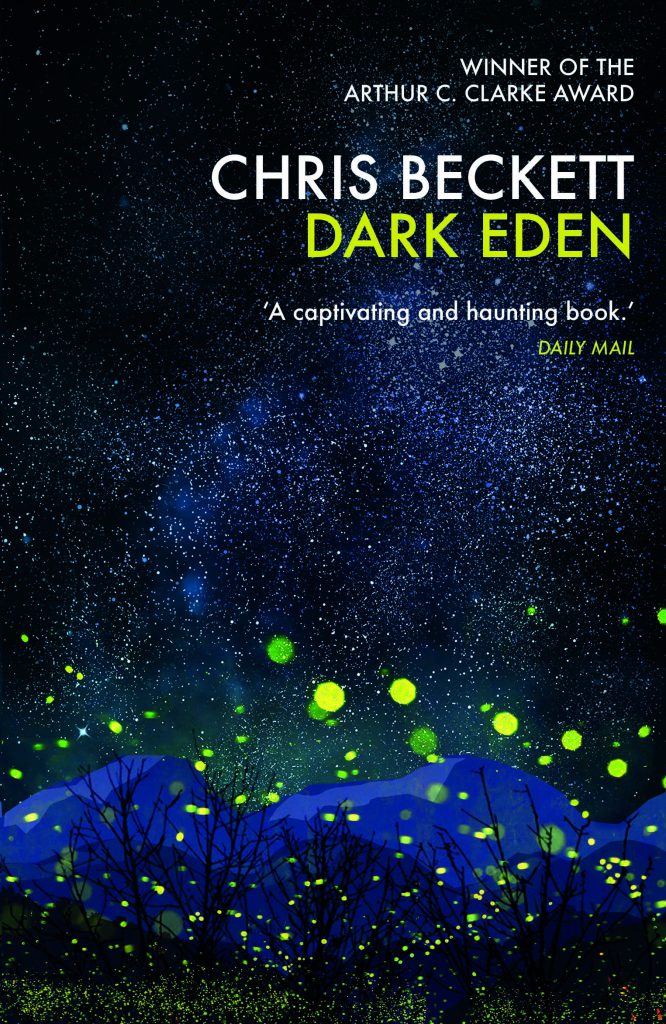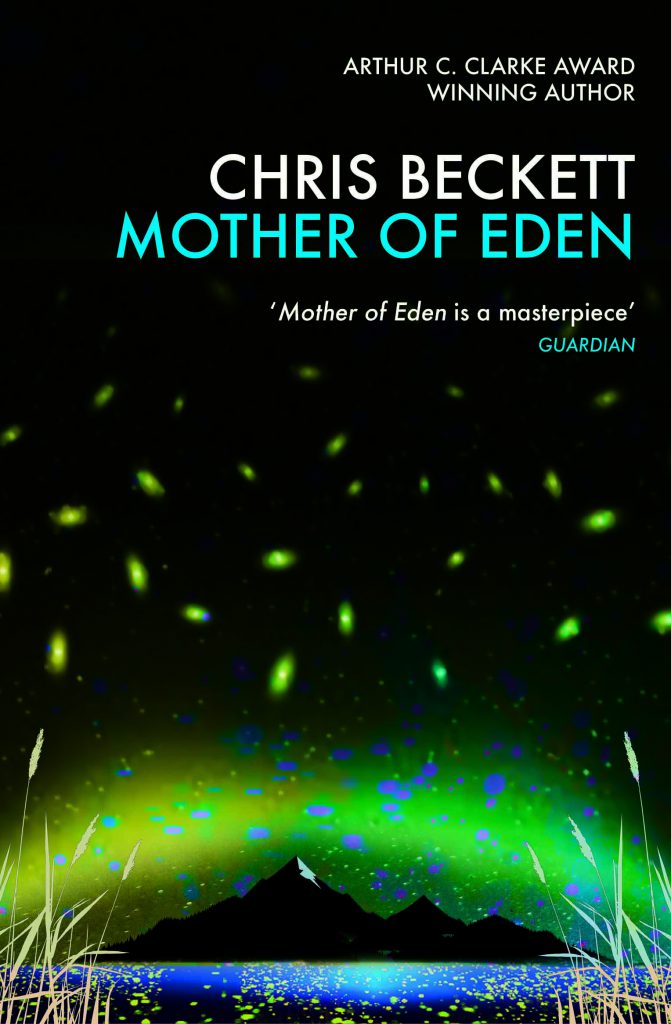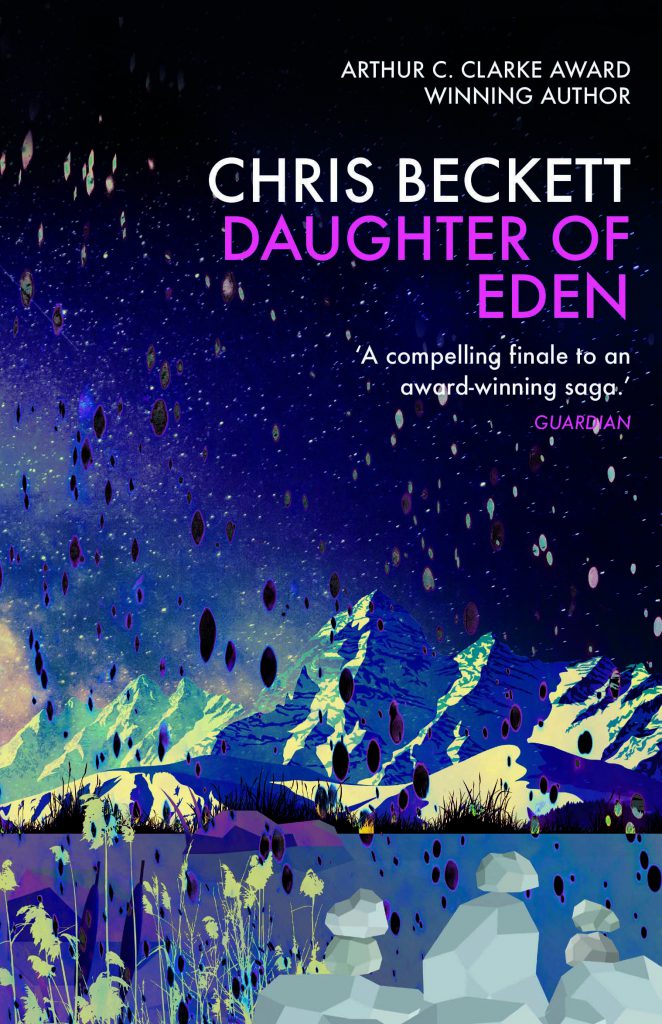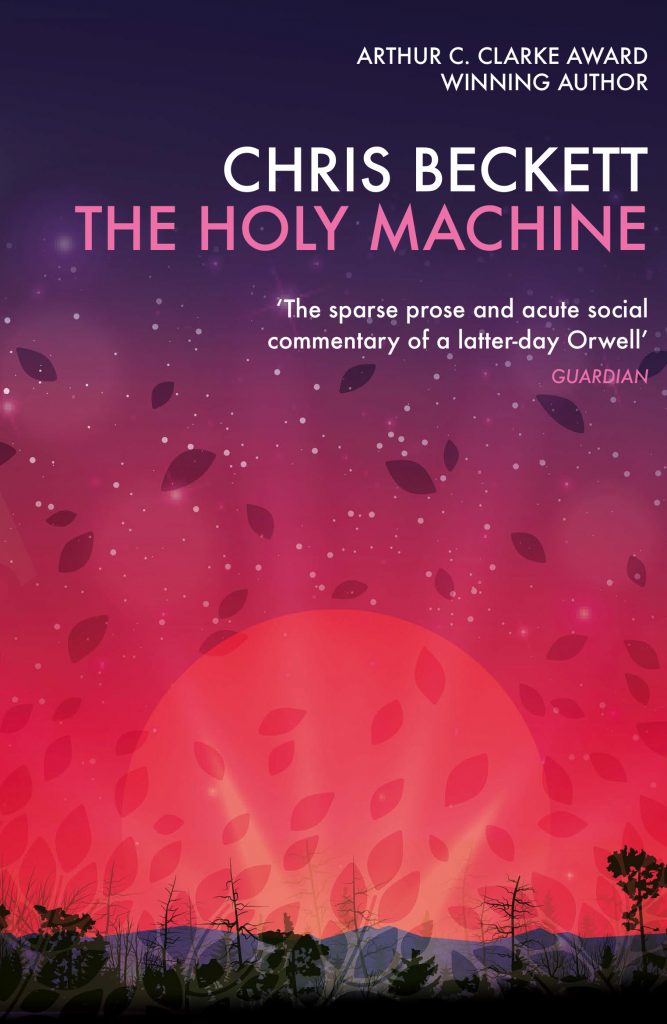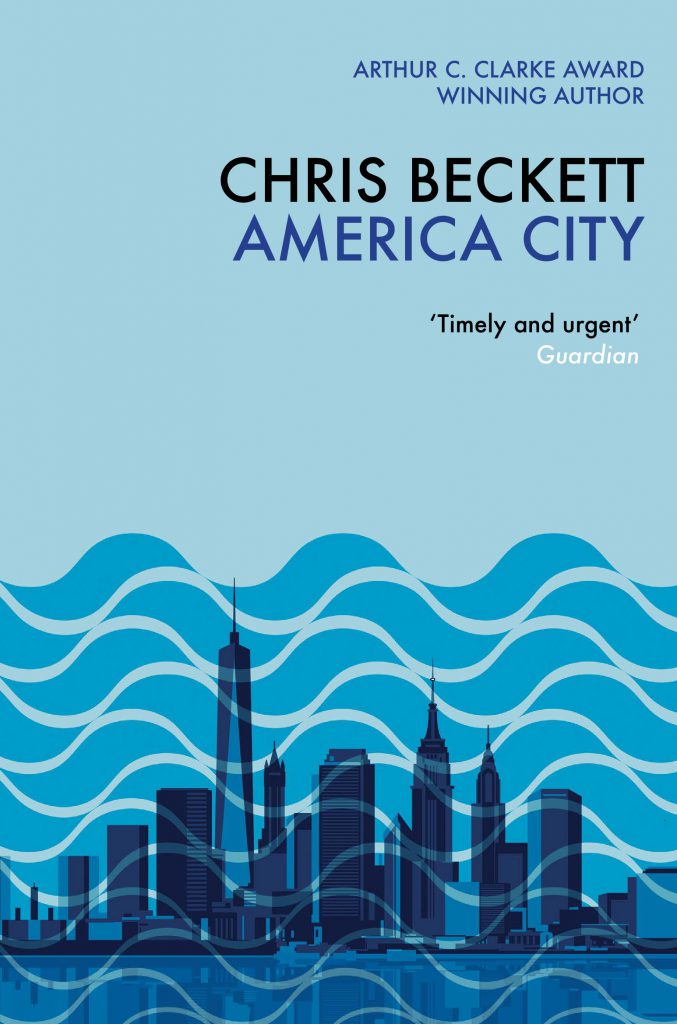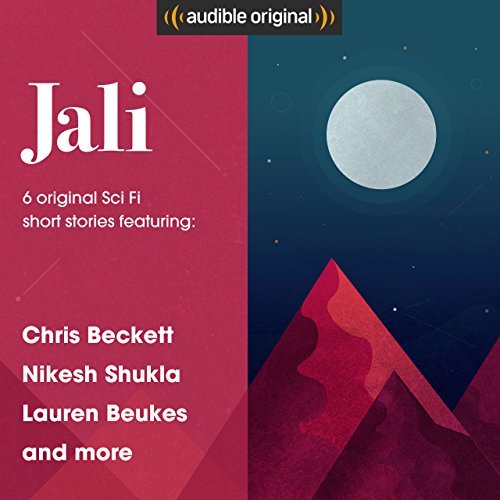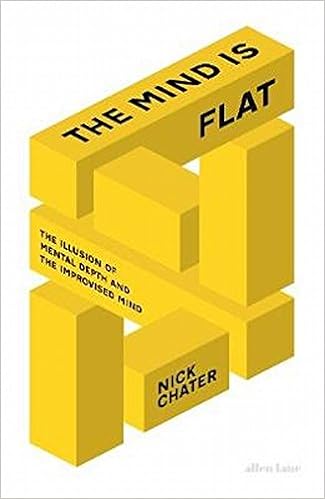 If I were to describe this book as superficial (which I would) the author should perhaps be pleased, for he sets out specifically to show that the mind contains no hidden depths.
If I were to describe this book as superficial (which I would) the author should perhaps be pleased, for he sets out specifically to show that the mind contains no hidden depths.
Nick Chater starts with visual perception and he shows that we actually see much less than we think we see. This is something that’s struck me before. For example, focus on an object in front of you, a mug for instance, and then, without moving your eyes, notice how little else you can see while you remain looking at the mug. You’ll find that, even in the immediate vicinity of the mug, your visual field is a blur. Apparently if you get someone to read a page of text on a screen, and change all the words except the ones they’re looking at into rows of x’s, they won’t notice the difference! And something I didn’t know until I read this book is that the blurred forms you see at the edge of your field of vision aren’t even in colour. (I tested this myself and it’s true!).
This is all fascinating stuff (and I enjoyed reading about it), but I take issue with the author when he asserts that our impression of seeing the whole world in front of us is an ‘illusion’ (the Grand Illusion as he calls it), and even more so when he calls it ‘fake’ or a ‘hoax’. Our perceptual apparatus isn’t just presenting us with the raw sensory data, that’s true, but that would be pointless, and its job is to assemble fragments into a stable and coherent sense of where we are. But why on earth call the result a hoax? A radar screen shows incoming planes in the vicinity as blips. These are refreshed with each new sweep of the continuously revolving antenna and in fact the antenna is only detecting a few of those planes at any one moment. But does this mean it’s just a hoax or an illusion that makes us think those blips show the positions of all the planes in the vicinity? Of course not. What the screen shows is an approximation perhaps, but that’s not the same thing as an illusion at all, and it’s an accurate enough approximation for air traffic controllers to safely manage incoming planes at busy airports, day in day out, for months and years on end.
Having discussed perception, Chater then goes on to talk about cognition. Just as experiments on perception show that we see much less at any given moment than we might think, so too do experients show that our thoughts are much more circumscribed than we might imagine. In fact, at any one time, we can only pay attention to a very limited number of mental tasks. I can drive and sing. On a clear straight road, I can drive and list prime numbers (I tried it out recently). But I can’t drive, sing, and list prime numbers all at once. In fact, Chater suggests, our sense of a rich mental life with many layers is a hoax, just like the illusion that we can see a rich detailed exterior world. ‘Our thoughts are not shadows of an alternative inner reality to be charted and discovered; they are fictions of our own devising, created moment by moment.’ Even emotions, it seems, are ‘just fiction too.’
But hang on. There is a rich external world out there, that’s not disputed. So, insofar as there’s an illusion going on perceptually, it’s not the existence of that world, it’s the fact that we imagine ourselves to be taking in that world whole and all at once, whereas what we’re really doing is forming a (pretty serviceable) impression of it a little bit at a time. And surely the same is true of our inner life? The fact that I am not thinking lovingly of my children at every moment in time, doesn’t mean that it’s just an illusion that I love my children, any more than the fact that I’m concentrating on my computer screen just now means that there isn’t still a garden through the door to my right.
The funny thing about all this –and Chater does acknowledge it himself- is that, in order to dismiss depth, he has to introduce an incredibly powerful unconscious mechanism. He argues that our sense of having a coherent self is an illusion that is being constructed for us in the moment by this powerful unconscious process, with the the result that, though we imagine that we are drawing on some inner self, in fact ‘we are quite literally making up our minds, one thought at a time’. So, in other words, our sense that our thoughts come from something complicated inside us is an illusion being created for us by… well… something complicated inside us!
He doesn’t have very much to say about how this mechanism works -the book concludes with a slightly hand-wavy paeon to human imagination- but clearly it must draw on memories of previous experiences . It follows, surely, that this very powerful and complex unconscious process is actually not just making up our minds for us out of the blue but is rather surveying the relevant parts of our vast existing store of knowledge and experience, much in the same way as when we are walking down a road, our perceptual apparatus surveys the relevant parts of the external world.
Et voilà! Depth is back again with a different name. (Chater himself speaks of ‘an ever-richer web of connections across our mental surface’.) It is a vast and complex inner landscape, but one which (as few of us will be surprised to learn), we cannot see in its entirety all at once.
* * *
One thing that strikes me about this book is that, while it describes as an ‘illusion’ or a ‘fake’, impressions of the world assembled by the sensory system from fragments, it is happy to present a version of the world that is also assembled from fragments, in this case controlled psychology experiments. Not only do these experiments (fascinating as some of them are) constitute discrete and pretty miniscule glimpses into the operations of the human mind, but the interpretations placed on them seem extremely questionable.
For instance, he describes a series of experiments in which people make different choices depending on how the same options are presented to them, and suggests that this demonstrates that ‘preformed beliefs, desires, motives, attitudes to risk lurking in our hidden inner depths are a fiction’. There’s ‘no point wondering,’ he says, ‘which way of asking the question… will tell us what people really want… not because our mental motives, desires and preferences are impenetrable, but because they don’t exist.’ This is an extraordinary bold claim to make on the basis of a few experiments in which people are offered some rather artificial choices. And it seems to me that a much simpler explanation of the findings of these experiments is that people have competing wants (for example, a desire to make money, versus a desire to avoid risk), and that, depending on how questions are put to them, different wants come to the fore.
I want to keep fit, I also want to eat ice cream. In my experience this can lead to decisions which contradict one another.
* * *
So much of what we think we know about the world is shaped by the paradigm through which we choose to view it. The Freudian approach (which, with some justice, Chater disapproves of) involved getting people to lie down on couches and ramble . Not surprisingly, it generated an elaborate and convoluted model of the human mind. The experimental approach which Chater favours involves highly controlled experiments in which a single variable is manipulated and some other very specific variable is then measured. There are many advantages of this kind of methodology but, since it quite deliberately excludes almost all of the multidimensional complexity of the thing being studied, I don’t find it suprising that it results in the impression of flatness. Or an illusion of flatness, we might call it.

 If I were to describe this book as superficial (which I would) the author should perhaps be pleased, for he sets out specifically to show that the mind contains no hidden depths.
If I were to describe this book as superficial (which I would) the author should perhaps be pleased, for he sets out specifically to show that the mind contains no hidden depths.
